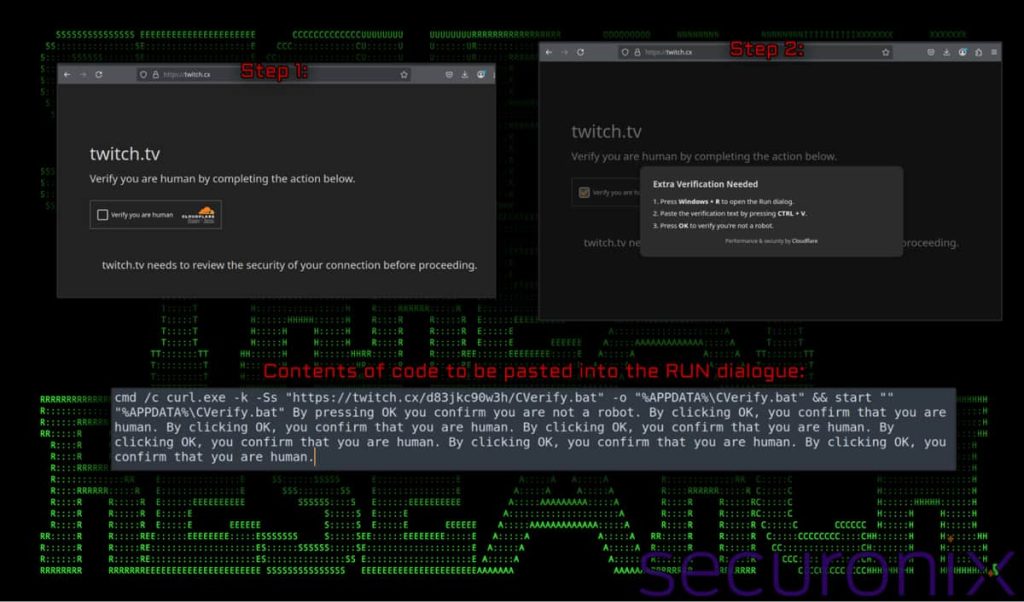In early April, Goldman Sachs raised its forecast of a U.S. recession in the next 12 months to 45%. J.P. Morgan saw a 60% chance of a global recession.
Consumer sentiment in the United States is the lowest it has been in years and inflation has taken a big bite out of everyone’s spending power over these last few years.
If you’re concern about a recession, there are a few steps you can take right now to better prepare for it.
Fully Fund Your Emergency Fund
In a recession, your greatest fear is that you lose your job. While you still have a job, now is the time to try to maximize the savings in your emergency fund because that will be your lifeline if you are fired. You want to save at least six months of expenses, preferably twelve, and adjust based on how likely you are to be let go. Some industries are more recession resistant than others.
Change Banks for a Bonus


Banks will pay you big bonuses to switch, take advantage of these offers so you can add a little bit extra to your emergency fund. A quick cash infusion, especially while you have a job and can move your direct deposit, could give you that extra boost to help navigate difficult times. Just remember to hold a little extra back to cover taxes as the bonuses are reported as interest.
Cut Unnecessary Expenses


If you have discretionary spending that you can cut, now’s the time to do it. This might mean cooking more at home, skipping everyday luxuries, and just tightening up the purse strings a little bit (here’s a list of ways to save money). It’s only temporary, until the fear of a recession subsides, and use that extra cash to build up your emergency fund.
Develop a Bare-Bones Budget


Once you’ve cut some of the “extra” stuff from your budget, develop a “worst case” budget. If you don’t have a budget, use one of these free budgeting apps to set one up. One where you’ve cut everything possible, while maintaining your sanity, that you can use if you do lose your job or your income drops significantly. Having a bottom line budget is crucial for these times because it’ll help you understand the lowest possible number you need to cover.
Diversify Income


If you have the ability to pick up side gigs or freelance work, look for ways to add income streams. If you do lose your job, these can be a small lifeline to help cover your expenses. If you don’t, this extra income can help bolster your financial position. Either way, it’s a win.
Declutter and Sell Stuff


You probably have stuff in your home right now that you no longer need, such as selling clothes. Consider selling it so that you can declutter a bit but also raise additional funds that you can use to boost your emergency fund. We all have extra stuff in our house we don’t use anymore, time to turn it into something we do use – cash.
Avoid New Debt


If you’ve been thinking about buying a new car or taking on some other large loan, put a pause on that for now. You don’t want to commit yourself to anything new on the expense side of the ledger if you’re concerned you might lose your job. The last thing you need is a bigger drag on your finances.
Don’t Panic Sell Investments


Avoid panic selling investments, especially after the recently tariff related fall, because recessions often cause volatility and it’s impossible to predict what will happen. A recession may not be in our near future and selling now would take you out of the market. Don’t let the market swings impact your decisions, keep a long term view.
Plan for the future


Develop an emergency plan for what you will do if certain financial disasters strike. If you lose your job, where you will you got to file for unemployment benefits, what steps will you take to look for a new job (refresh the resume, update your Linkedin, reach out to your network), and begin making preparations now. You may not need the plans (hopefully!) but it helps to have them in place.
Double Check Your Insurance


Check your insurance policy coverages to ensure you have the proper amount. This may mean you have too little or too much, so confirming the amounts is critical. You can also use this time to shop around, to see if you can get a better deal, or simply ask your insurance agent if there are discounts you qualify for but haven’t yet gotten. You may be surprised at what they say.
Nurture Your Support Network


Your friends and family are very important in turbulent times and it’s important to nurture those relationships and remember that everyone is going through this together. If you don’t often talk about the economy or careers, now is a good time to bring that up. Community is very important during volatile periods and nurturing yours could provide positive emotional benefits.





![“£10k invested in Aston Martin shares a year ago is now worth…” [VIDEO]](https://exeltek.com.au/wp-content/uploads/2025/03/Aston-Martin-DBX-1200x675-100x75.jpg)


